.jpg)
Ensuring the rights and responsibilities of civil servants
Commenting on the draft Law on Civil Servants (amended), delegates expressed their agreement with the orientation of shifting the management focus from “professional title” to “job position”. Delegate Nguyen Huu Thong (Lam Dong) commented that this is an innovation in line with modern management trends, contributing to the connection between public service responsibilities and outputs, promoting the operational efficiency of public service units.
However, the current reality shows that the capacity to build job positions and professional descriptions between ministries, branches and localities still has many differences, while the number of public service units is very large. Without a model framework, minimum standards and a specific conversion roadmap, the implementation will easily fall into formality and lack consistency.
.jpg)
Delegates proposed to add to the draft regulations on the mandatory conversion roadmap, assigning the Government within 12 months from the effective date of the Law to issue a framework of sample job positions, sample job position descriptions and minimum competency framework. In addition, there should be a unified appraisal and approval mechanism to ensure transparency and feasibility.
Regarding the rights of civil servants in signing contracts to carry out professional and business activities (Article 13), delegates said that the regulation expanding the rights of civil servants to contribute capital and participate in the management of enterprises, cooperatives, hospitals, non-public educational institutions, etc. is consistent with the policy of promoting professional resources, especially in the fields of science, education and health.
However, delegate Nguyen Huu Thong noted that if not controlled, this regulation could lead to conflicts of interest, especially when officials take advantage of their positions to serve personal interests. Therefore, the delegate proposed adding a regulation requiring officials who are leaders or managers to declare and seek written consent from their direct supervisors when they want to participate in running or establishing a business. At the same time, it is prohibited to participate in running a business that has financial or contractual relations with the unit where the official works.
Delegates also proposed that the draft clearly stipulate the contract mechanism, benefit sharing and responsibility for intellectual property in commercialization activities of research results at scientific units, to ensure transparency and avoid loss of public assets.
Regarding the provisions on employment contracts, labor contracts and service contracts, delegates found that the Draft has not clearly defined the boundaries between groups of personnel. Failure to clearly separate them may lead to legal loopholes, disputes over regimes, insurance, working time, compensation responsibilities, etc. Therefore, it is recommended to specifically stipulate the boundaries, rights and obligations of each group, as well as the conditions and criteria for conversion between types of contracts to ensure transparency and fairness.
Delegate Nguyen Huu Thong further emphasized that Chapter V of the draft on civil servant management is the key content, demonstrating the innovative thinking in managing civil servants in the new period. However, there is still a contradiction between the innovation orientation and the content expressed in the document. Although the Draft switches to a management model based on "job positions", it still maintains regulations on lists, standards of professional titles, rankings, promotions, appointments, etc., leading to overlaps in implementation.
Delegates recommended that if we completely switch to the “job position” model, we should remove or transfer regulations on job titles to guidance documents, only keeping them for some specific fields such as education and health. At the same time, we need to establish a compatibility mechanism between job positions and job titles to avoid conflicts when applying.
.jpg)
Agreeing with the direction of opening up for civil servants to sign work contracts with agencies and organizations other than their workplace, delegate Duong Khac Mai (Lam Dong) said: this is the right policy, both promoting the capacity, strengths, and intelligence of civil servants, and creating motivation to increase legitimate income. "Not everyone can work outside - only those who are capable, prestigious, and trusted by other organizations to cooperate have the opportunity. This helps to take advantage of intelligence, create an environment for learning and exchanging experiences, from which civil servants can contribute better to their work unit", the delegate emphasized.
Besides, delegate Duong Khac Mai also requested the drafting agency to continue perfecting the regulations to ensure transparency, feasibility, and avoid exploitation.
Delegate Nguyen Truong Giang (Lam Dong) said that the provisions on the development of public service units in the draft should inherit Article 5 of the current Law on the policy of developing public service units. According to the delegate, if kept as the current draft, the implementation will be prolonged and difficult to implement. Therefore, it is proposed not to specify details in the law, but to assign the Government to temporarily stipulate and implement, before the National Assembly promulgates a separate law on public service units, expected in the coming period.
.jpg)
Regarding the scope of law application, some delegates also proposed to clarify the application of the Law on Public Employees to teachers. Currently, about 78% of the content on recruitment, use, evaluation, rotation, appointment, etc. has been regulated by the Law on Teachers, only about 20% is within the scope of the Law on Public Employees, etc. Therefore, if not clearly defined, it may lead to overlap between the Ministry of Education and Training and local management agencies, especially when changing authority according to the time frames in the law.
Developing civil aviation to meet the requirements of the new stage
Regarding the Draft Law on Civil Aviation (amended), delegates said that, after nearly 20 years since the law was promulgated (2006), the amendment is necessary to suit the context of rapid development of the aviation industry. With a structure of 11 chapters, 109 articles (93 articles less than the current law), the draft law is designed to be concise, clear in principles, updated with international practices, aiming to build a safe - effective - integrated legal framework for the Vietnamese aviation industry.
Delegate Duong Khac Mai (Lam Dong) highly appreciated the fact that the drafting agency added content on low-altitude aviation, in order to meet the needs of developing the low-altitude space economy - a field that many countries are focusing on. In fact, in Vietnam, unmanned aerial vehicles (UAVs) and drones serving national defense, agriculture, logistics, security, etc. are increasingly popular. Many domestic establishments such as Viettel and defense industry units have successfully produced UAVs for a variety of purposes.
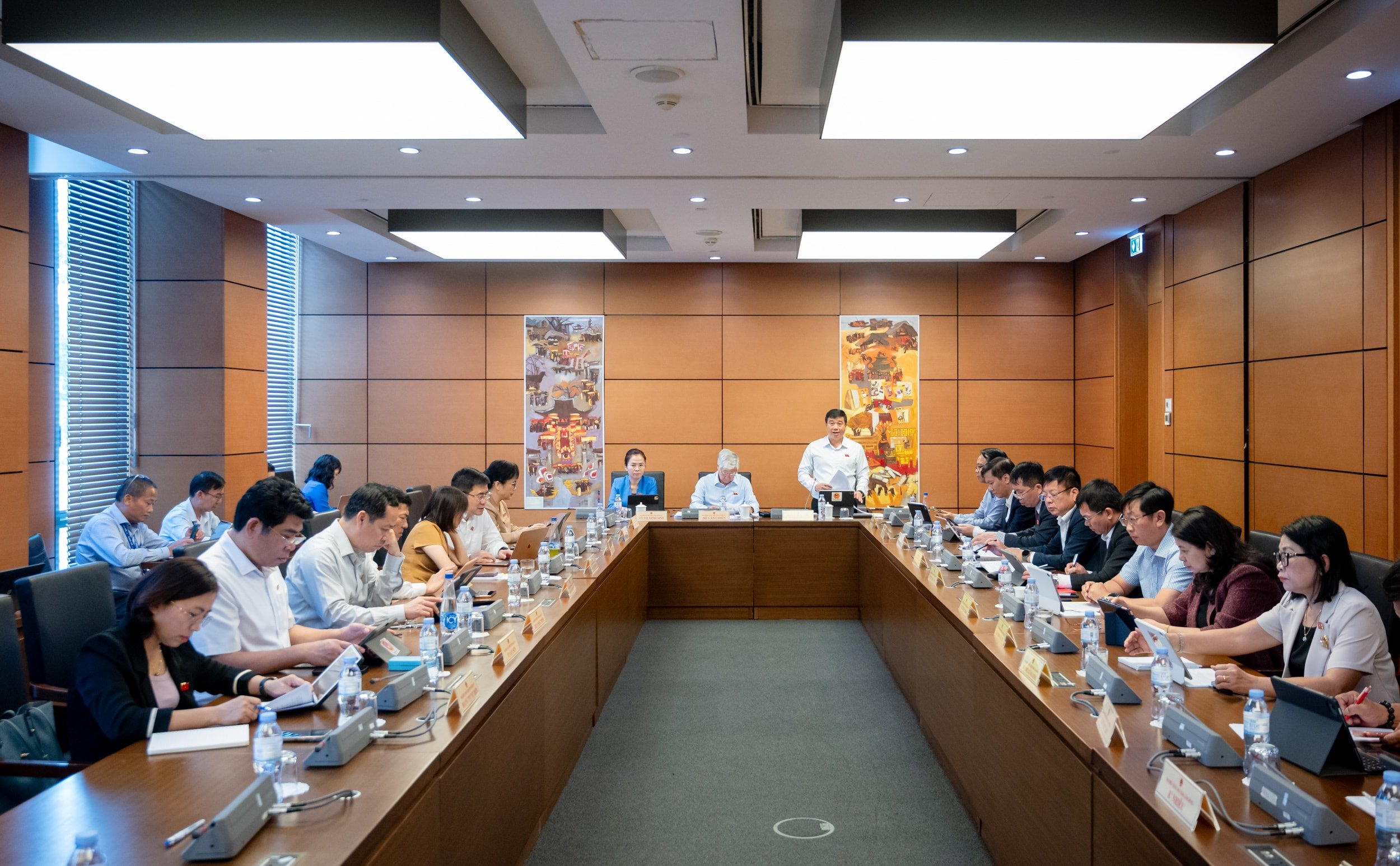
According to the delegate, if clearly and strictly regulated in the law, low-altitude aviation activities will create new economic development space, ensuring national defense and security, promoting innovation, contributing to sustainable development. The delegate also gave an example: in the near future, the flying taxi model in Hanoi and Ho Chi Minh City is an inevitable trend, contributing to reducing urban traffic congestion.
In addition, delegates proposed close coordination with the Law on People's Air Defense to control the operations of civil aircraft, especially unmanned aircraft, to ensure aviation safety and national security.
Delegate Tran Nhat Minh (Nghe An) proposed to supplement and clarify some concepts in Article 2 explaining terms, in order to avoid confusion when applying the law. Specifically, it is necessary to distinguish the concepts of "aviation safety" and "flight safety" because these two concepts are different in scope of regulation; "flight safety" is a component part of "aviation safety".
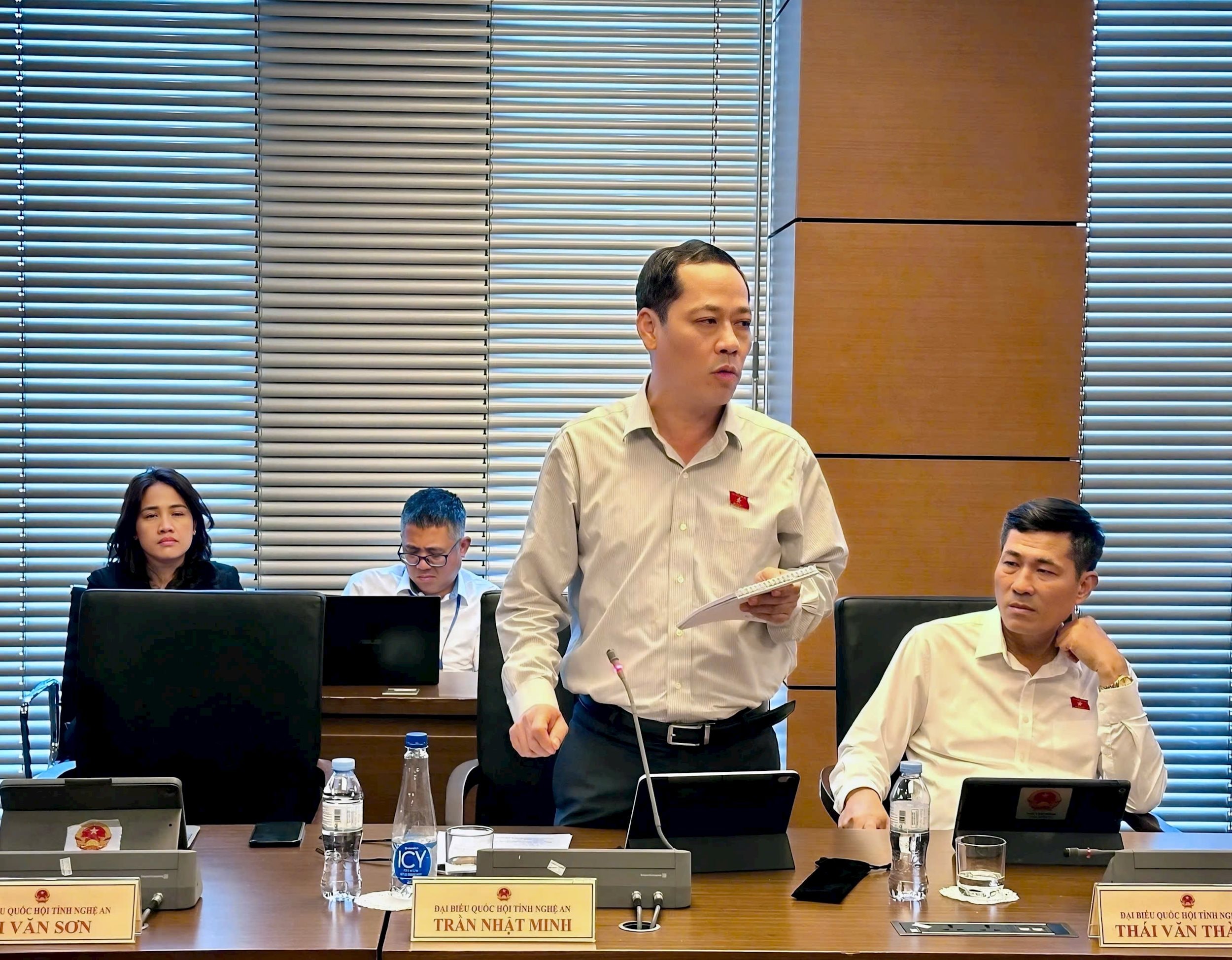
Delegates also proposed adding the definition of “flight operations”, a term used many times in the draft but without specific explanation; moving the definition of “dangerous items” from Article 97 to Article 2 for ease of reference and consistency in legislative techniques; it is not necessary to include the concept of “sustainable aviation fuel (SAF)” in Article 2 due to its narrow, specialized nature.
Regarding the provisions in Article 54 on refusing to transport passengers who have tickets and have confirmed seats on flights or are in the process of traveling, the delegate stated: it is necessary to add specific provisions on the responsibility to refund tickets and service fees in cases where the carrier refuses passengers for reasons not of their own, such as health reasons, disease prevention or requests from competent authorities. On the contrary, if the passenger violates regulations on security and order, there may be no refund.
Regarding the statute of limitations for filing a lawsuit as stipulated in Article 75, the draft stipulates 2 years from the date the aircraft arrives at the destination or should have arrived, while the 2015 Civil Code stipulates 3 years. Therefore, the delegate proposed to adjust it to be consistent with the Civil Code, ensuring consistency in the legal system.
Source: https://daibieunhandan.vn/tang-giam-sat-phong-ngua-xung-dot-loi-ich-10392416.html




![[Photo] Prime Minister Pham Minh Chinh chairs meeting on railway projects](https://vphoto.vietnam.vn/thumb/1200x675/vietnam/resource/IMAGE/2025/10/23/1761206277171_dsc-9703-jpg.webp)



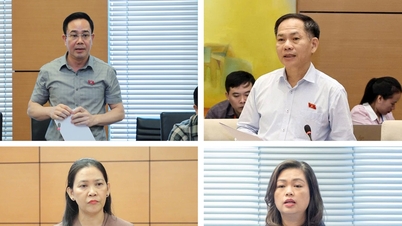
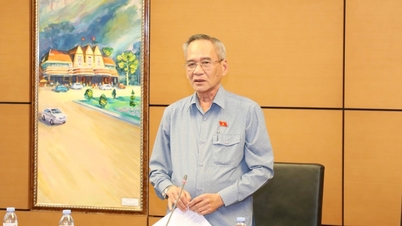
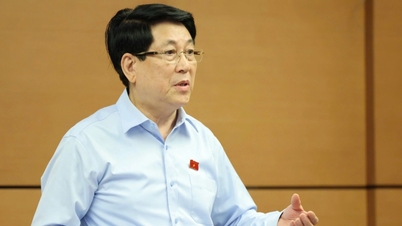

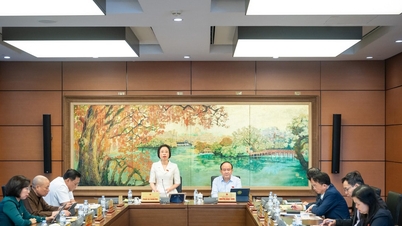
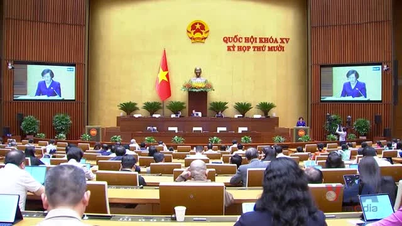

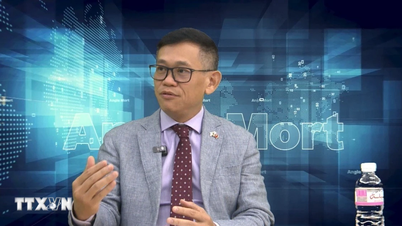
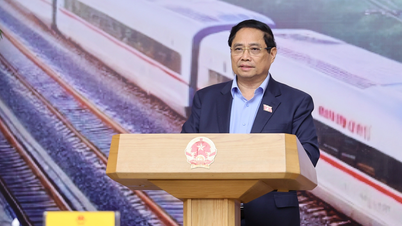

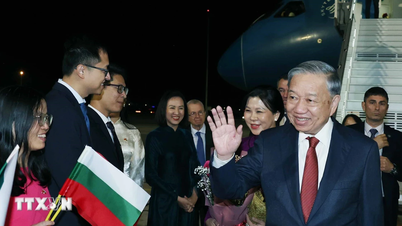
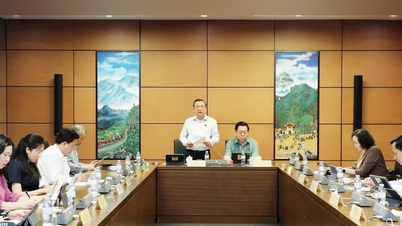
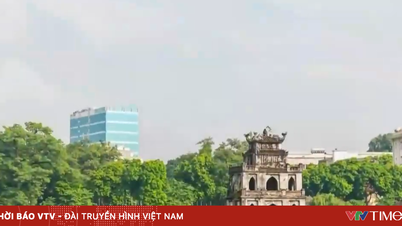

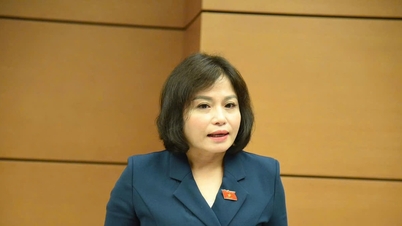




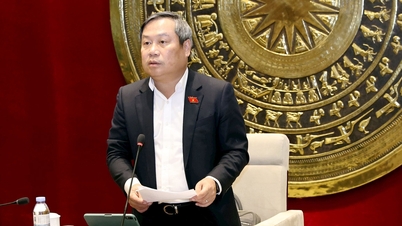
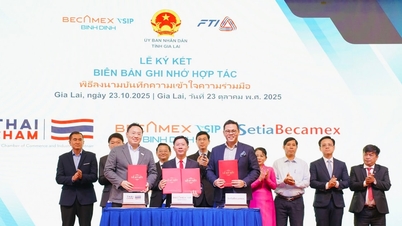
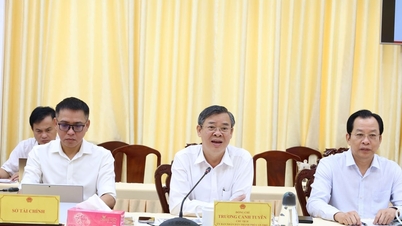
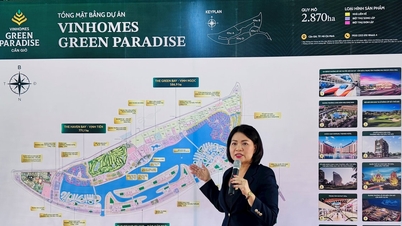
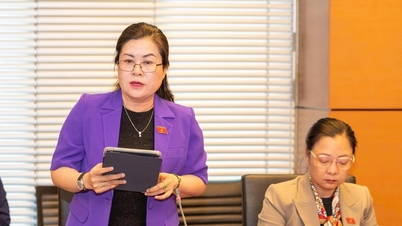
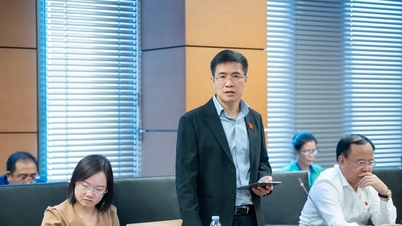

















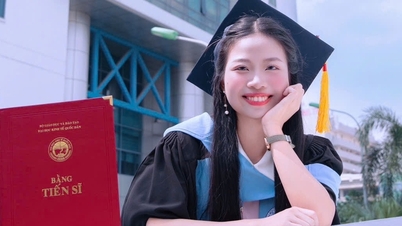

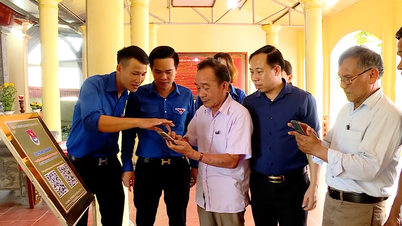
















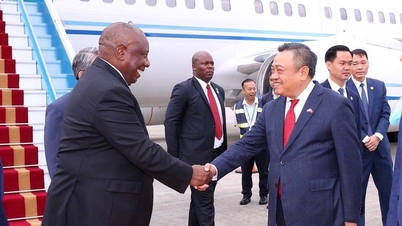
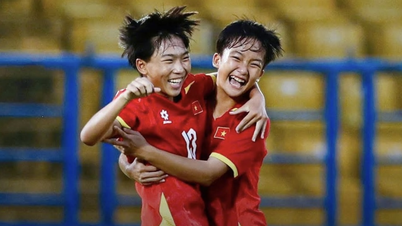







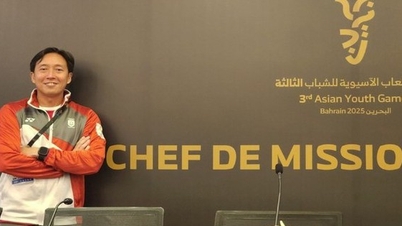
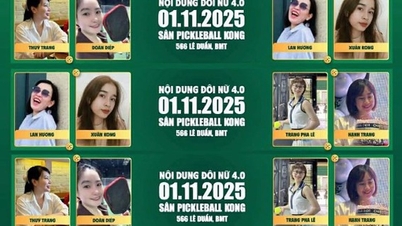
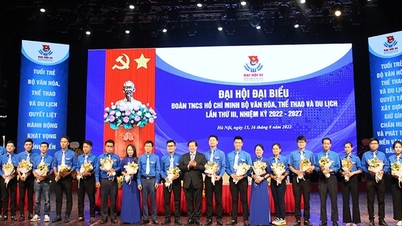
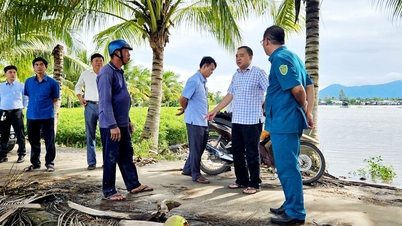

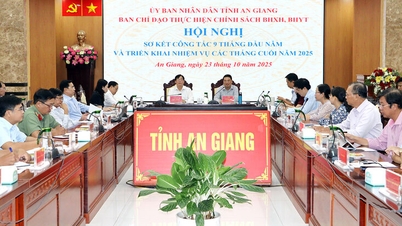
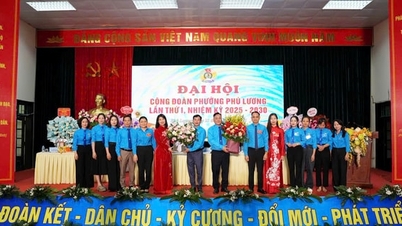

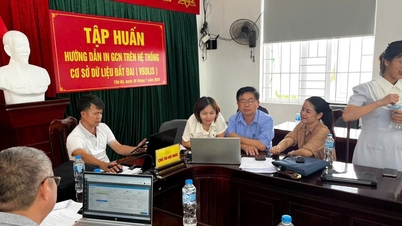

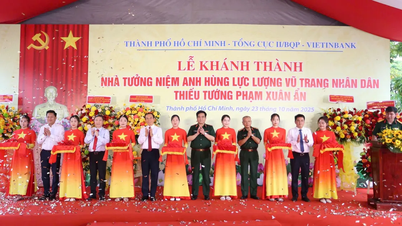

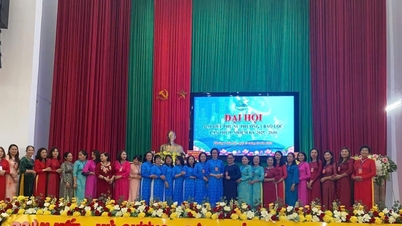












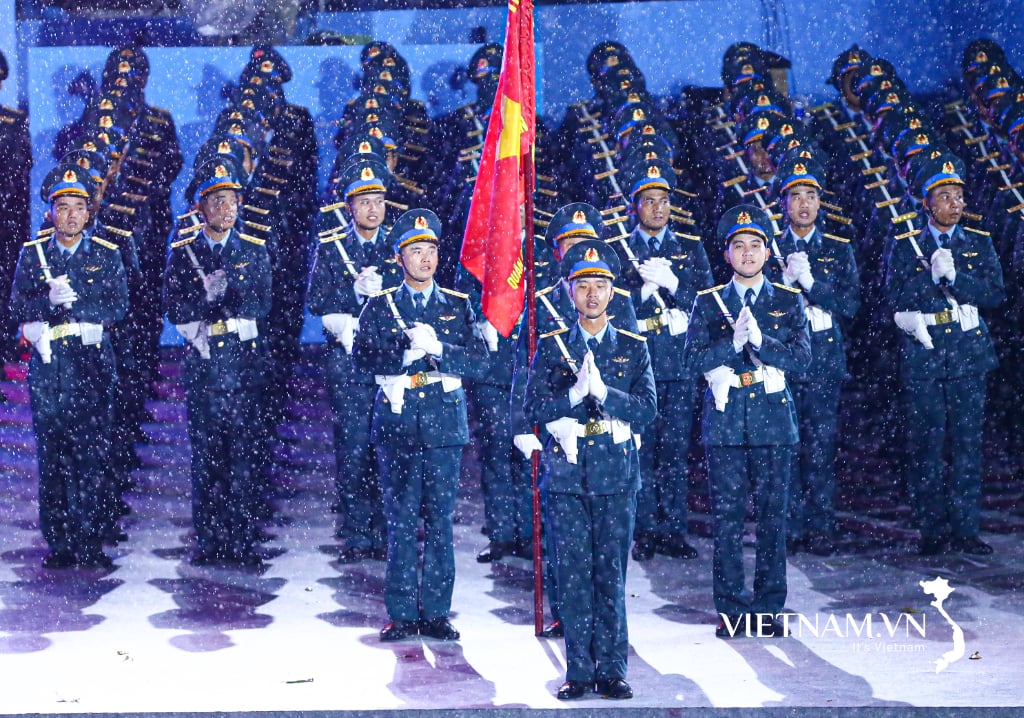
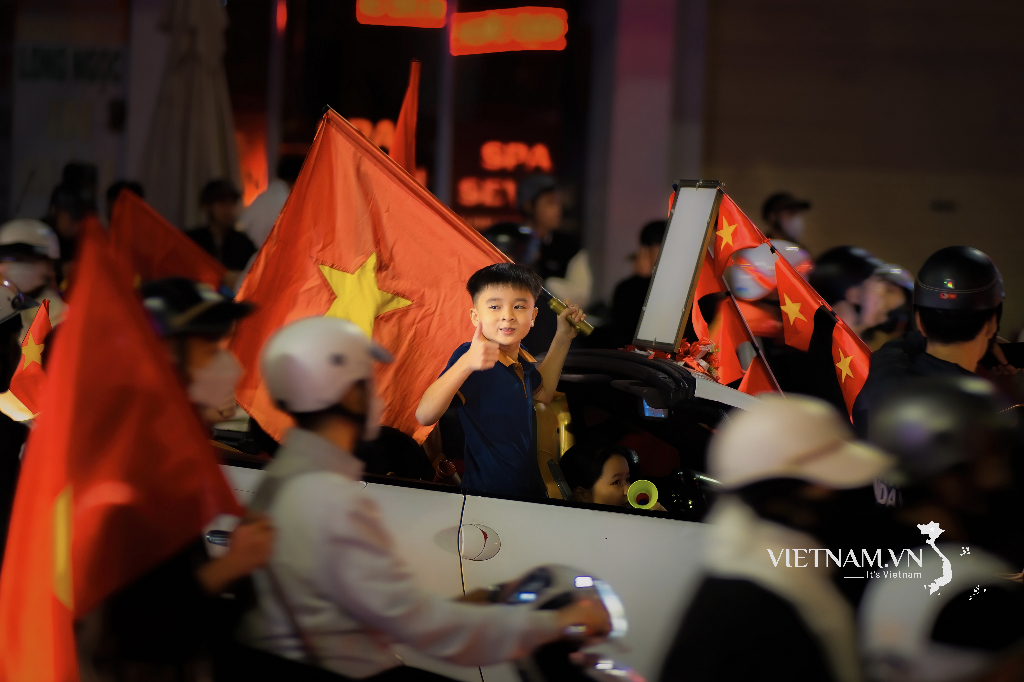
Comment (0)